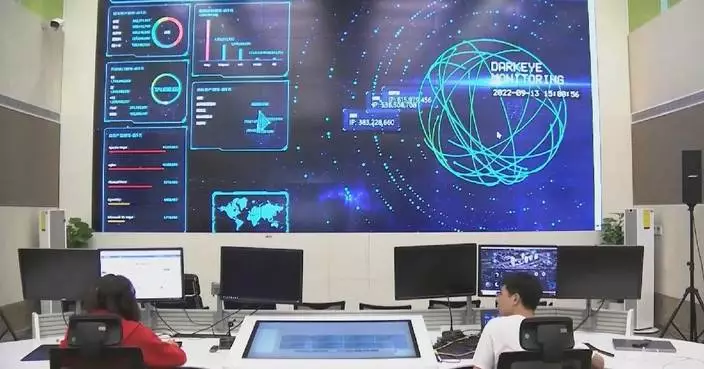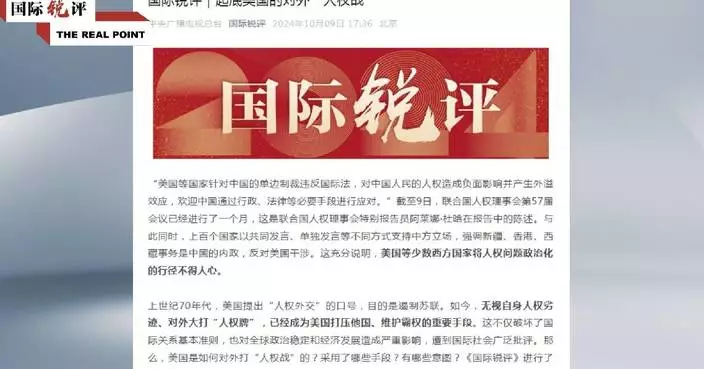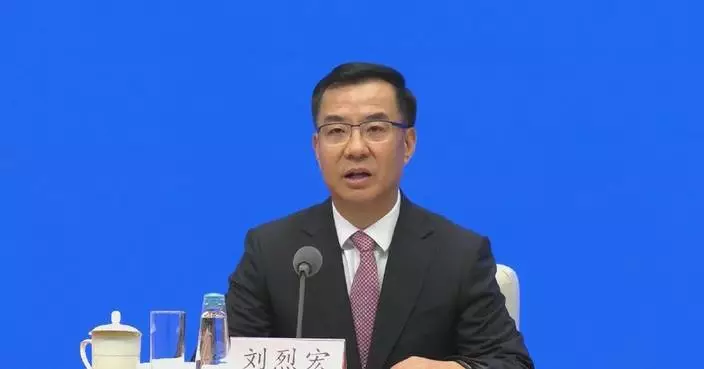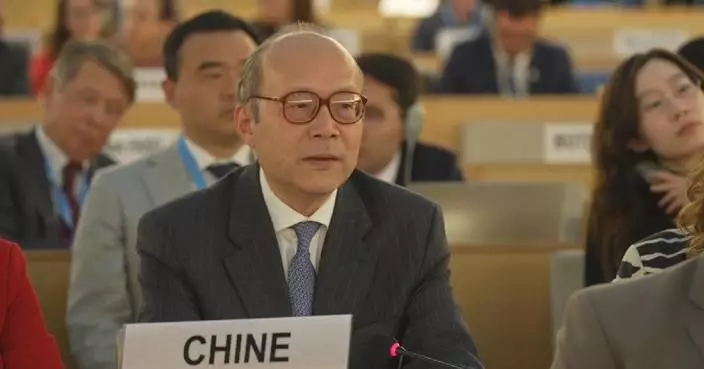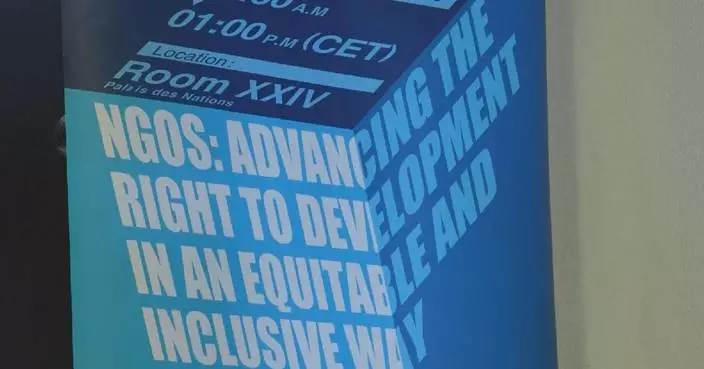China's commercial performance art sector experienced a significant upswing in the third quarter of 2024, with the number of revenue-generating performance events up by over 16 percent year on year. According to data from the China Association of Performing Arts, the number of commercial performances (excluding those in entertainment venues) reached 173,300 in the July-September period, marking a year-on-year increase of 16.27 percent. Ticket sales soared to 20.81 billion yuan (approximately 2.94 billion U.S. dollars), reflecting a remarkable 41.1 percent rise compared to the same period last year. Additionally, the total audience reached 57.36 million, a growth of 17.51 percent.
During the National Day holiday from Oct 1 to 7, the performance sector continued to thrive. There were 44,300 commercial performances, a 14.57 percent increase year on year. Ticket revenues during this period amounted to 2.21 billion yuan (about 312 million U.S. dollars), up 25.88 percent, while the audience count reached nearly 11.7 million, representing a 13.28 percent increase.
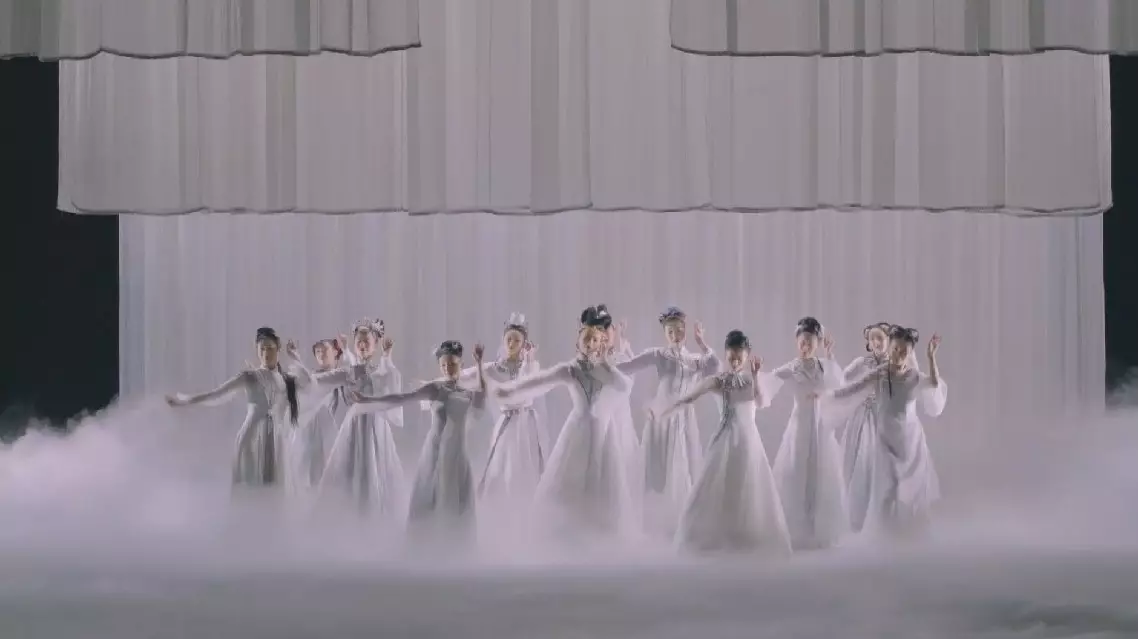
China's commercial performance art sector shows strong growth in Q3
It is in the best interest of the European Union (EU) to return to free trade and to negotiate with China, said a Polish scholar Wednesday following the EU's recent move to impose punitive tariffs on Chinese battery electric vehicles (EVs).
The EU countries voted on Oct 4 to impose duties on imports of electric vehicles from China despite huge internal discord.
The decision triggered criticisms from European media and transportation associations which say the punitive tariffs will harm the interest of the EU and its consumers, citing reasons including the technological advantages and innovative capacities of the Chinese EV makers and the good quality and affordable prices of their products.
"I would say China has invested heavily in the research and development [of EVs]. It is not as some European producers claimed. It's not only the subsidies. It's also the real investment in China that led to this competitive advantage," said Witold M. Orlowski, professor of the Department of Business and International Relations of Poland's Vistula University.
The lack of competitiveness of European EVs on the market is the real reason behind Friday's move, said the professor, adding that as the EU plans to ban the sale of fuel-powered car by 2035, the protectionist tariff is only an effort to win more time for local EV makers.
It is in the best interest of the EU to uphold free trade and consult with China, said Witold M. Orlowski, adding that Friday's decision represents a type of "war."
"The best interest of the European nations is to stop this type of the war and actually to negotiate and coming back to the situation of free trade," he said.
German Chancellor Olaf Scholz said before Friday's vote that Germany is against imposing tariffs on Chinese EVs and Europe must continue its negotiations with China. "Tariffs on Chinese electric cars would be wrong ... We have to speak plainly and negotiate with China - but trade wars only have losers," said German Finance Minister Christian Lindner last Thursday on X.
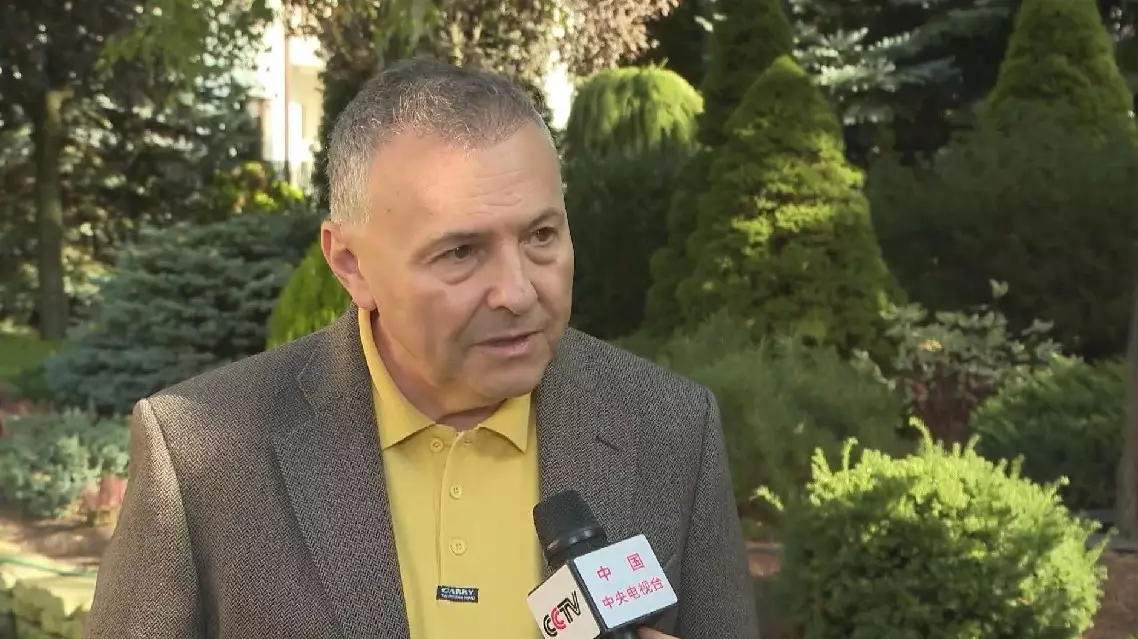
EU should return to free trade, negotiation on Chinese EVs: scholar




